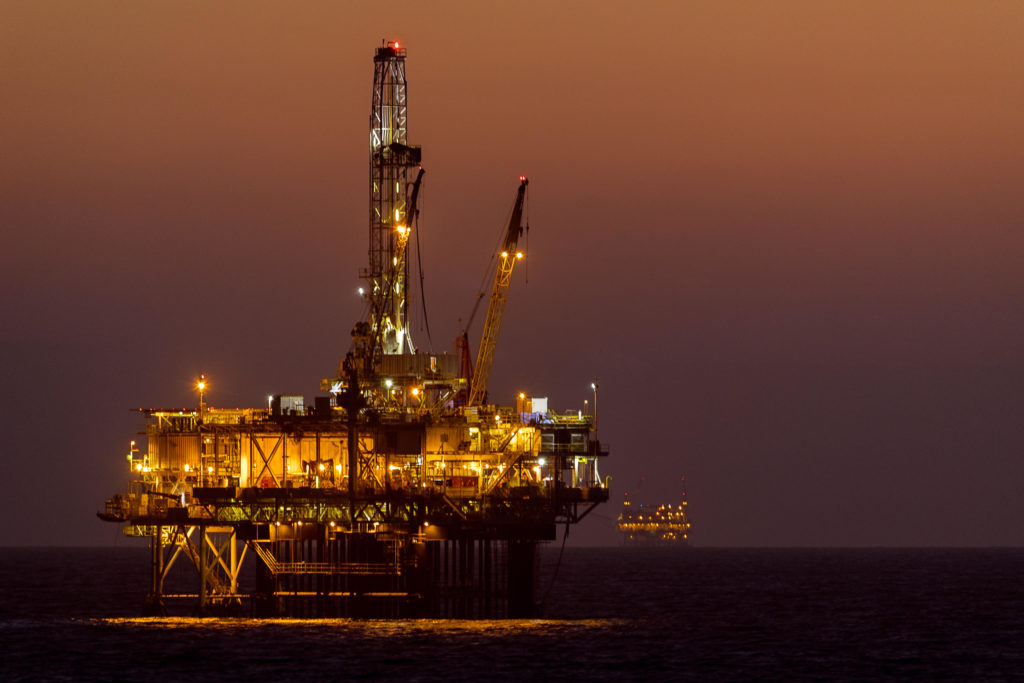BAKU
Azerbaijan projects stable oil production amid declining oil resources and a rise in natural gas output, boosted by access to European markets.
Oil and condensate production in 2022 is projected at 34.83 million tonnes, slightly up from the output expected this year and 0.24 million tonnes more than in 2020, the government said in its forecasts for 2022-25.
In January-October this year, oil and gas condensate production declined 0.3 percent year-on-year to 28.8 million tonnes, while natural gas output increased 17 percent to 35.8 billion cubic metres (bcm) in the same period.
In 2023, oil and condensate production is expected to reach 35.753 million tonnes, in 2024 – 35.672 million tonnes, supported by more output after commissioning a new platform on one of the major oil platforms – Central-East Azeri – in 2023. In 2025 the country expects a slight drop in production, to 34.735 million tonnes, due to declining natural resources.
The government acknowledges that oil production is unlikely to exceed 34 million tonnes after 2025.
The bulk of Azerbaijan’s oil output comes from its Azeri-Chirag-Guneshli (ACG) oilfields, operated by British oil major BP. The country uses the Baku-Tbilisi-Ceyhan (BTC) pipeline via Georgia and Turkey to export oil from the ACG. It also exports oil with the Baku-Novorossiisk pipeline via Russia, the Baku-Supsa pipeline via Georgia and by rail in Georgia.
The peak of oil production in Azerbaijan was recorded in 2010 when 50.8 million tonnes were produced with 40.6 million tonnes coming from the ACG. The country’s confirmed reserves are estimated at 1.45 billion tonnes.
As for gas production, Azerbaijan forecasts to produce 43.514 bcm of gas in 2022, up from around 41 bcm expected this year and 37 bcm in 2020.
Production is expected to grow to 47.76 bcm in 2023, 49.21 bcm in 2024 and 49.73 bcm in 2025.
Azerbaijan mainly produces natural gas at the Shah Deniz field. The BP-led consortium, which develops the Shah Deniz project, has been pumping gas from the offshore field’s first phase since 2006, delivering more than 10 bcm a year of gas to Azerbaijan, Georgia and Turkey. The second phase started output in 2018, adding 16 bcm of gas production capacity at its peak to bring total capacity to 26 bcm. There are other oil and gas fields in the country, although their output is mainly used for domestic consumption.

